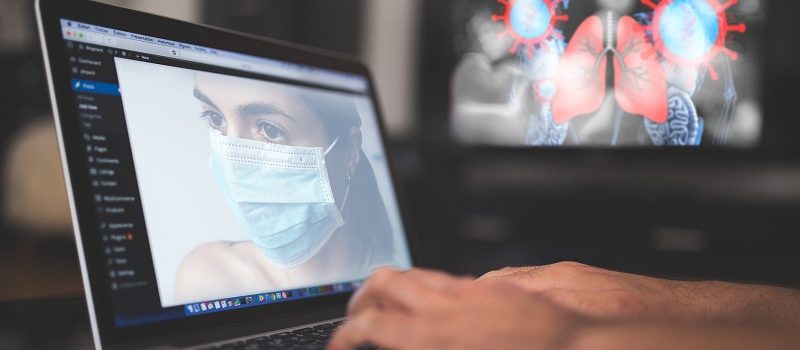
The coronavirus (COVID-19) outbreak has officially been categorized by the World Health Organization (WHO) as a pandemic. The rate of growth of COVID-19 infections continues to accelerate, with more than 400,000 cases now recorded and infections reported, in multiple countries concurrently.
Be Wary Of Coronavirus-Related Scams
Many industries have been impacted by COVID-19. In the wake of the new coronavirus (COVID-19), many businesses are adopting effective measures to fight the dangerous virus. To curb the spread of coronavirus, experts recommend social distancing and other stringent measures. Most of the countries has declared travel bans, and have closed schools and universities, and large gatherings of people have been stopped.
Besides the obvious health and economic effects, the coronavirus also presents a major opportunity for cybercriminals. As COVID-19 causes a spike in telework, teleheath and online education, cybercrime and cyber-attacks are on the rise. Attacks that are being tied to the rapidly spreading coronavirus, ranges from credential phishing, malicious attachments and links, business email compromise (BEC), fake landing pages, spam, and malware and ransomware strains. Cybercriminals send COVID-19 themed scam messages, health advice emails, workplace policy emails, and fake ads, claiming to be from legitimate organizations. If you click on the attachment or embedded link, you’re likely to download malicious software onto your device.
Cyber Risks When Working From Home
The coronavirus and resulting changes have encouraged the need for adopting work from home policies. With the widespread transition to remote working, the chances for cyberattacks are high. In this challenging time, it’s important to be aware of this fact and companies and organizations also need to prepare themselves and their employees for the increased cybersecurity risks associated with remote working.
Remote working means many people are using home computers instead of secured corporation’s network. This provides criminals relatively easy access to corporate documents, trade secrets and financial information. Instead of advanced cybersecurity countermeasures implemented by the company, the criminals can easily locate and attack the employee’s home network.
Here are Some Things To Keep In Mind To Minimize The Risk:
- Beware of online requests for personal information
- Check the email address or link before clicking
- Be extra vigilant about phishing emails
- Enable two-factor authentication and avoid clicking on suspicious links
- Beware of cryptolocker attacks
- Protect their digital assets by enabling encryption
- Make sure your devices are up to date on their anti-virus protection
- Follow strong password policy
- Use the best malware and antiviral protections
- Use VPN at all times when connected to WiFi
- Use secure WiFi
- Use iCloud, Google Cloud, or Dropbox to backup the files
- Monitor threats and systems on an ongoing basis to improve security and performance
- Log out when not in use – both at home and in public places
- Never leave the device unattended or on public display
- Make sure that the operating system, browsers, apps, and other software are of the latest versions
The Coronavirus crisis is not only a health issue. To be safe in this situation, you need to implement the best practices to protect from digital threats, cyber-attacks and online crimes. With a strong combination of advanced technology and employee know-how and training, all security measures can be implemented smoothly and safety.
Stay safe – and healthy!
Tags: Coronavirus, Coronavirus Pandemic, COVID19
